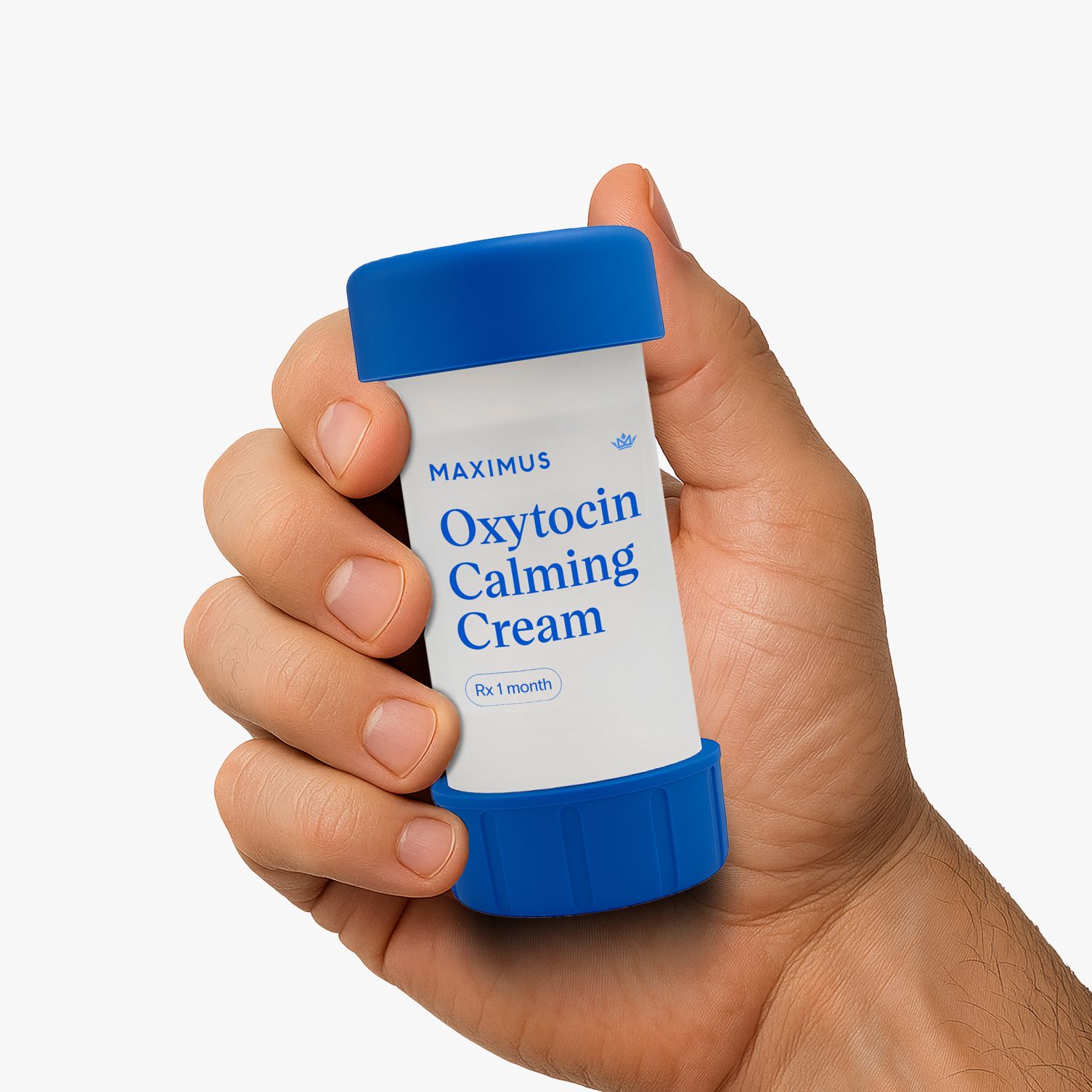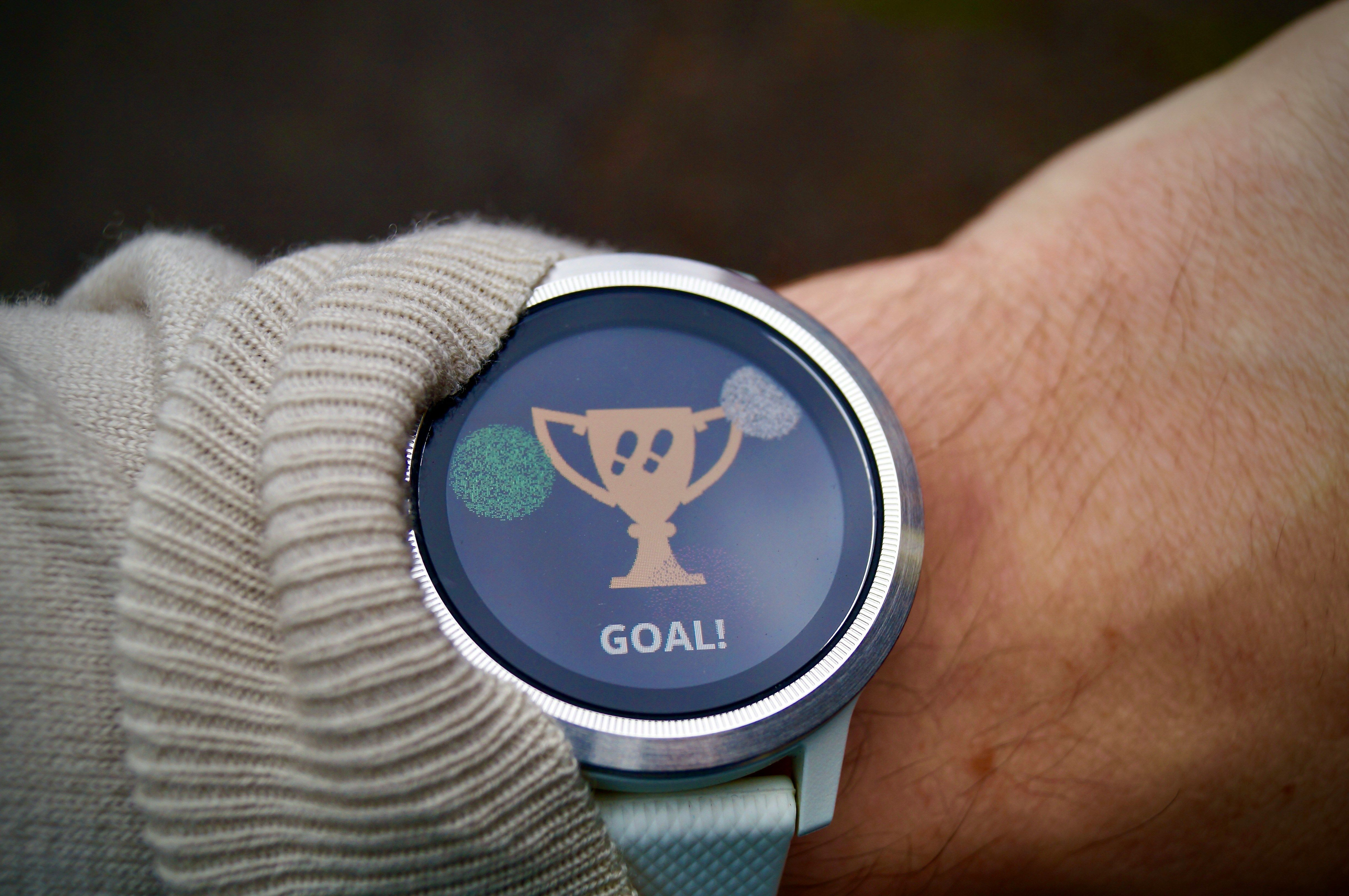Some important takeaways:
- Understand the different types of focus you need to tap into as you pursue your goals.
- Cultivating focus takes time. Dedicate time to practice a technique that works for you.
- Mental training is just as important as physical training to succeed in a competitive space. Visualization, goal-setting, and positive self-talk can boost your mental focus.
- Control what’s controllable. Narrow your focus to the things that you have the power to change.
Whether it was Noah Lyles proving his speed by crushing the 100-meter race or Stephen Nedoroscik showcasing his specialty on the pommel horse, this year’s Olympic athletes captivated us with their talent and determination. But beyond skill and drive, there was something else on display among these athletes that you just couldn’t miss — an absolutely intense level of focus.
That kind of concentration takes years of hard work and practice — and sure, it may feel impossible to replicate as a non-Olympic athlete. But you might want to give it a try anyway. Improving your concentration and focus has benefits that extend far beyond athletic performance into many other areas of life, like your career and even your personal relationships.
Finding the right focus
Focus is about more than just concentrating on the task at hand. Understanding that there are different types of focus — and knowing when it makes most sense to use each — allows you to better harness the power of concentration and attention for your benefit.
According to research published by the American Psychological Association, you can have internal, external, broad, or narrow focus.
- An internal focus refers to your attention turning toward your thoughts, emotions, and physical sensations in your body.
- External focus refers to you zeroing in on your surroundings, such as strong wind on a race course.
- A broad focus means you’re considering many things at once.
- A narrow focus, as it sounds, is you pinpointing a specific action or thing.
To perform at your peak, you need to be able to shift between these different types of focus, and they’ll even overlap, such as with a broad external focus or a narrow internal focus.
Understanding that you’ll need to tap into different types of focus while completing challenging tasks can sometimes make your goals feel more manageable. Consider that your goal is to finish a marathon. If you start your race in rough weather, you may try to lean into a broad and external focus, relying on the sounds of the crowd to push you through those early miles and give you time to adjust your race strategy. Toward the end of the race, as you feel increasingly tired with labored breathing, you may shift to an internal focus, paying attention to how you’re feeling and what you need to push through. Do you need to rehydrate and pause for a moment? Or just keep going? Different scenarios will require you to draw on different types of focus.
How to cultivate the focus of an Olympian
Beyond finding the right type of focus to crush your goals, there are different techniques that will help you dial in your concentration. Experiment until you find the strategy that works best for you.
- Practice visualization: Visualization can help you reduce anxiety, stay motivated, and maintain resilience in athletics and many other areas of your life (ahem, that work presentation you have next week). To practice visualization, picture yourself completing a particular task successfully. Maybe it’s crossing the finish line of a marathon or crushing the delivery of a presentation at work. Try to incorporate details around you that will actually appear on the big day, such as a cheering crowd or your boss reading over your materials.
- Positive self-talk: How you speak to yourself matters. A 2020 study published in the Journal of Sports Science & Medicinefound that positive self-talk was correlated with increased effort and competence. Do your best to tune out the negative verbiage that echoes through your head and allow yourself to lean into positivity.
- Build confidence: Sure, the right skillset is crucial to performing at your best. But that’s not all — you also need self-confidence. Research found that athletes with higher self-confidence have a better chance at winning than those who don’t have that level of self confidence. To help build your confidence, consider goal-setting or goal mapping. With this technique, instead of just naming an end goal like “finishing the race,” you set smaller goals along the way that can help build your confidence. This may be completing a certain number of workouts in a week or fueling yourself with the right foods.
- Understand what you can control: Whether you’re competing in an athletic event, are gearing up for an important meeting at work, or need to have an important talk with someone in your family, things can go awry. That’s unavoidable. But, you can control how you respond to these blocks. As you prepare, make a list of what you can and can’t control. When something arises that’s on the “uncontrollable list” (like a negative person or a faulty wifi connection), don’t let it deter your focus or concentration.
Dr. Cam’s Health Hack:
If you need a reminder of how critical it is to be dialed-in to the factors you can control, take this advice from Dr. Cam:
"Because you cannot be totally responsible for how everything turns out, You cannot be radically responsible for it. Thus, don't bother. Focus on what you can own completely. YOURSELF. Focus on the inputs, not the outputs. Outputs are for FEEDBACK & REINFORCEMENT."
Disclaimer: The contents of this article, including, but not limited to, text, graphics, images, and other information, is for information purposes only and does not constitute medical advice. The information contained herein is not a substitute for and should never be relied upon for professional medical advice. The content is not meant to be complete or exhaustive or to be applicable to any specific individual's medical condition. You should consult a licensed healthcare professional before starting any health protocol and seek the advice of your physician or other medical professional if you have questions or concerns about a medical condition. Always talk to your doctor about the risks and benefits of any treatment. Never disregard or delay seeking professional medical advice or treatment because of something you have read on this site. Maximus does not recommend, endorse, or make any representation about the efficacy, appropriateness, or suitability of any specific test, products, procedures, treatments, services, opinions, healthcare providers or other information contained herein. Maximus is not responsible for, nor will they bear any liability for, the content provided herein or any actions or outcomes resulting from or related to its use.





